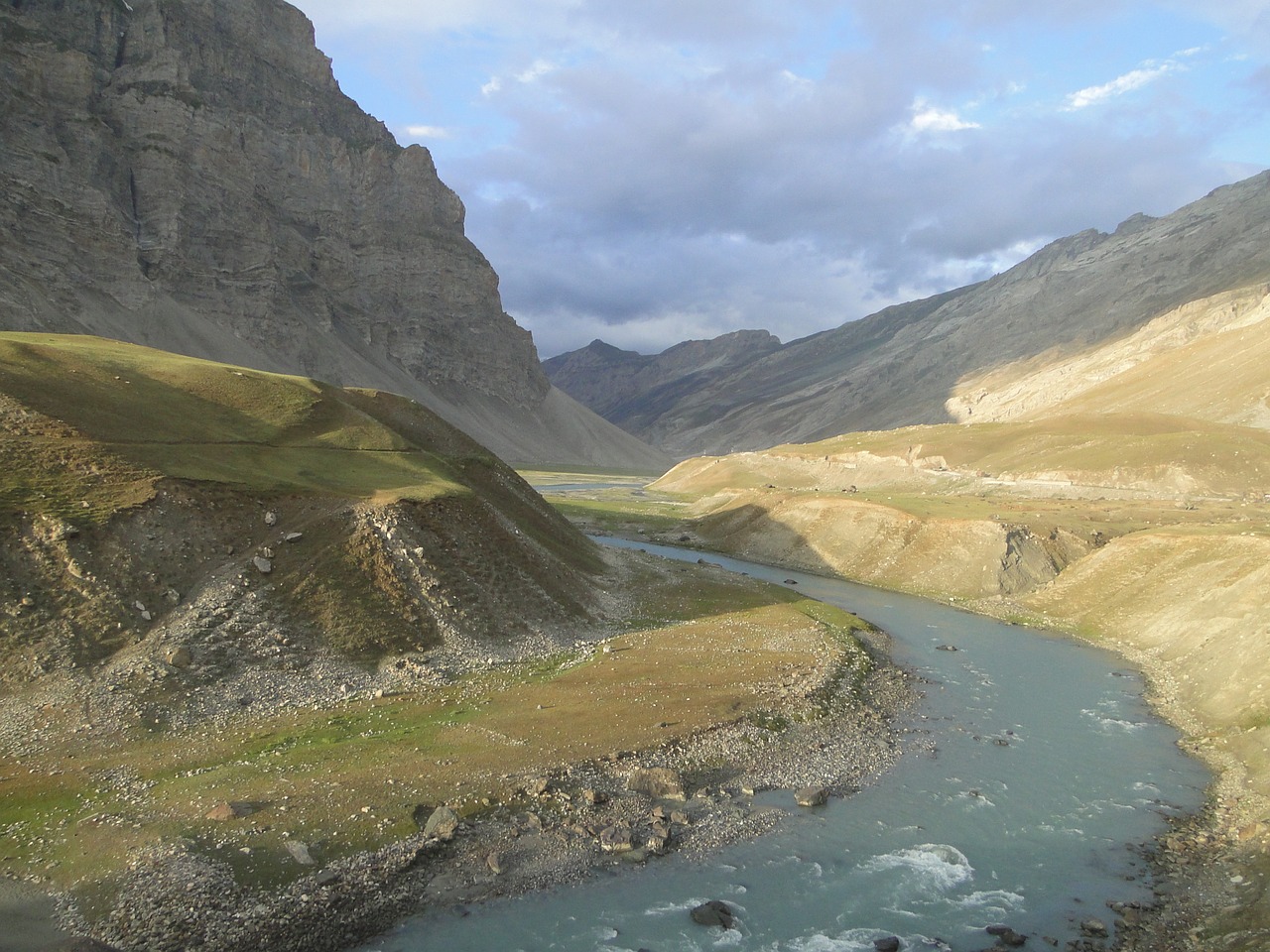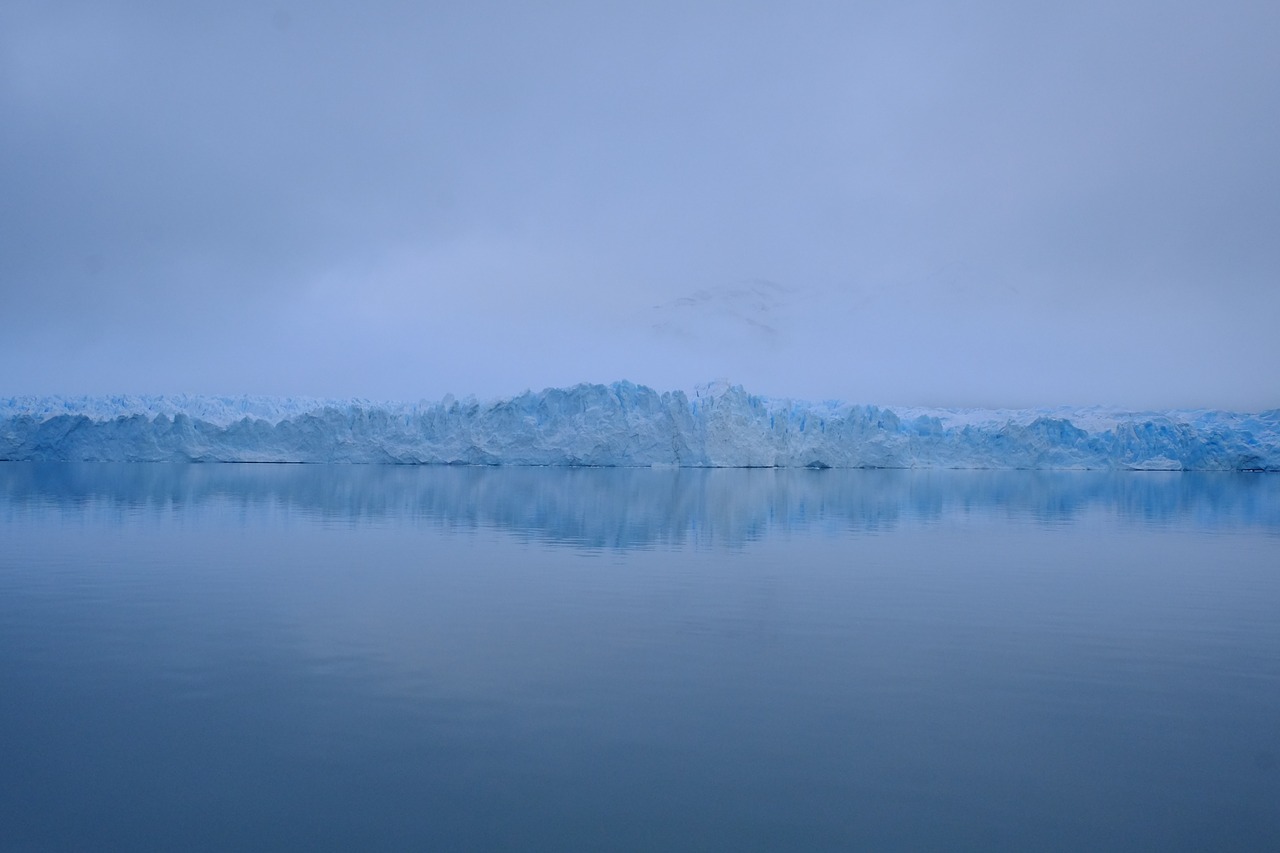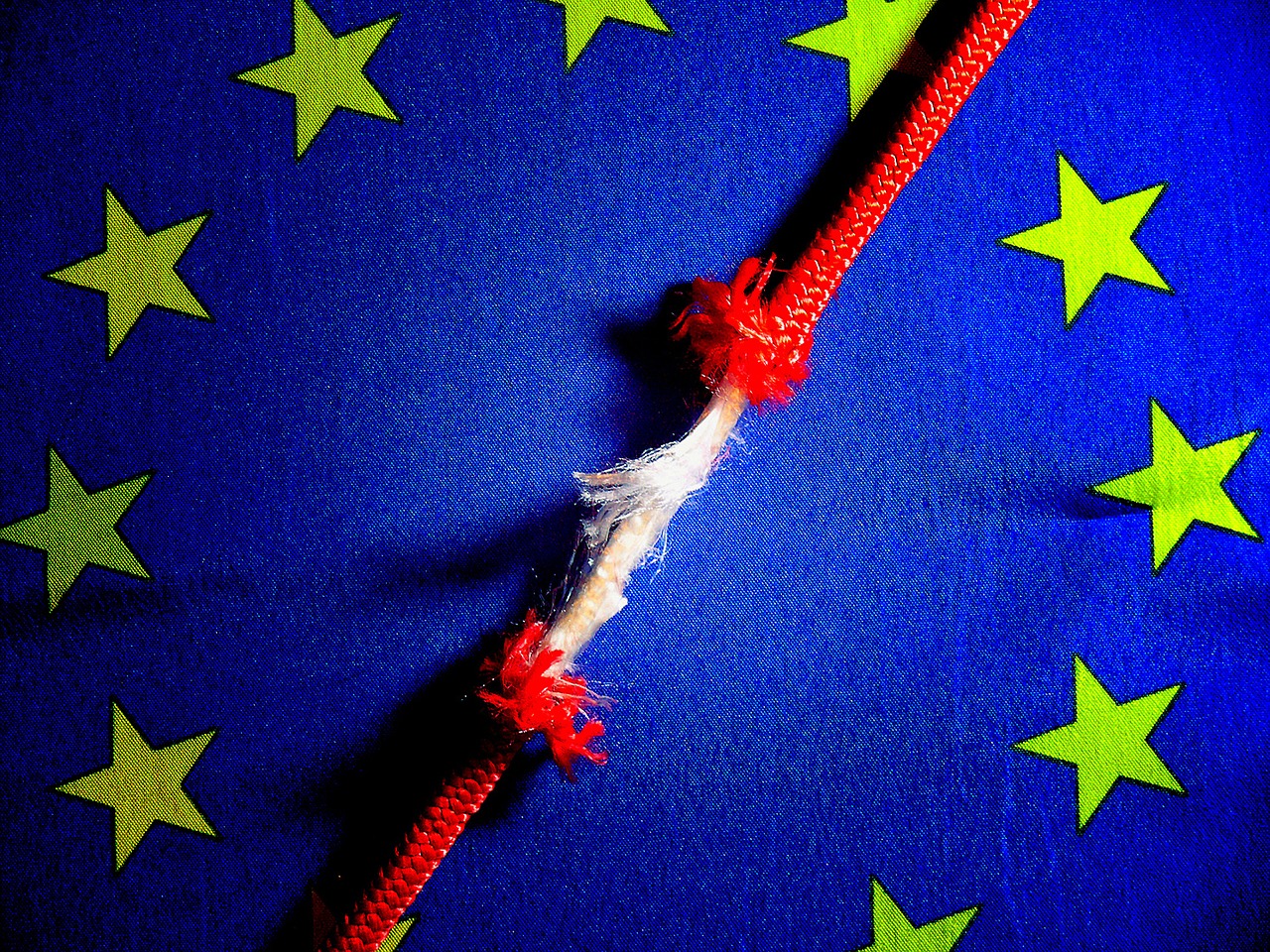POLITHEOR
European Policy Network
Blog 3 Columns
- Home
- Blog 3 Columns

Cyber space: An unregulated battleground0
Without a legal framework, states will be free to strengthen their technological capabilities and test the response of their adversaries all while knowing that their actions do not break international law.
READ MORE
The war on terrorism financing – a success in disguise?0
- International Relations and Global Affairs, Op-ed
- 20/02/2017
Last weekend, hundreds of high-level decision-makers from the field of international security and governance came together with heads of government at the 53rd Munich Security Conference. When discussing terrorism, they should also have reassessed the global war on terrorism financing.
READ MORE
Indigenous resiliency through renewable energy0
- Human Rights and Migration, Op-ed
- 15/02/2017
From August 2016 through the harsh winter, indigenous communities alongside environmentalists and activists had been protesting in the State of North Dakota, USA. They advocated against the completion of a pipeline that would transfer oil through four States to reach refineries and consumers.
READ MORE

Biodiversity loss, so important yet not so popular issue0
- Analysis, Environment and Energy
- 13/02/2017
Across the globe, societies are increasingly transitioning away from a grey palate and moving towards ‘greener’ tendencies. This propensity for change is a welcome progression as many global environmental challenges already pose enormous risks for populations around the world.
READ MORE
European parliament, democratic deficit and another missed opportunity0
- EU Governance and Politics, Op-ed
- 03/02/2017
For an organization that is so often called out because of its democratic deficit, it is astonishing how the European Union missed out on yet another opportunity to get closer to its citizens. On 17th January a new president of the European Parliament was elected, and Antonio Tajani took over from Martin Schulz. What I would like to point the attention to is, how many Europeans knew the election was taking place? Or how many Europeans knew who the candidates for the new EP president were? Be honest – is your hand up?
READ MORE

Europe’s ‘Other’ Refugees: Denying asylum to the continent’s most persecuted minority0
- Human Rights and Migration, Op-ed
- 30/01/2017
The European Commission plans to establish a common list of ‘safe countries of origin’ (SCO) across EU Member States in a bid to deal more efficiently with asylum claims from nationals of countries where persecution is deemed unlikely.
READ MORE
Nuke-armed South Asian governments adopt a “me first” approach on water – and it goes poorly0
- International Relations and Global Affairs, Op-ed
- 26/01/2017
Since 2010, South Asia has witnessed a resurgence of the long standing Indo-Pakistani territorial dispute over Kashmir. Yet, while the conflict has oft been simply characterized as friction over Pakistani support for the regional Muslim self-determination movement, underlying water sharing concerns also play a significant part in the prolonged tension between the nuclear powers. The climate-change induced Bengali migration and water scarcity that affects these nations will only worsen. The resulting stress on resources portends longer-term threats to South Asian stability – the extent depends on whether the region hoards or cooperates.
READ MORE
2016 was a terrible year for climate change. Will 2017 be worse?0
- Analysis, Environment and Energy
- 23/01/2017
At the end of 2015 the world was full of hope. After 23 years of postponing, staling and log-rolling, we finally had a global agreement on climate change. Even countries that had long been skeptical about global warming, like the US and China, were ready to take action. The world community promised to keep global warming well below 2°C. It finally looked like states, citizens and businesses would be taking the right path.
READ MORE
